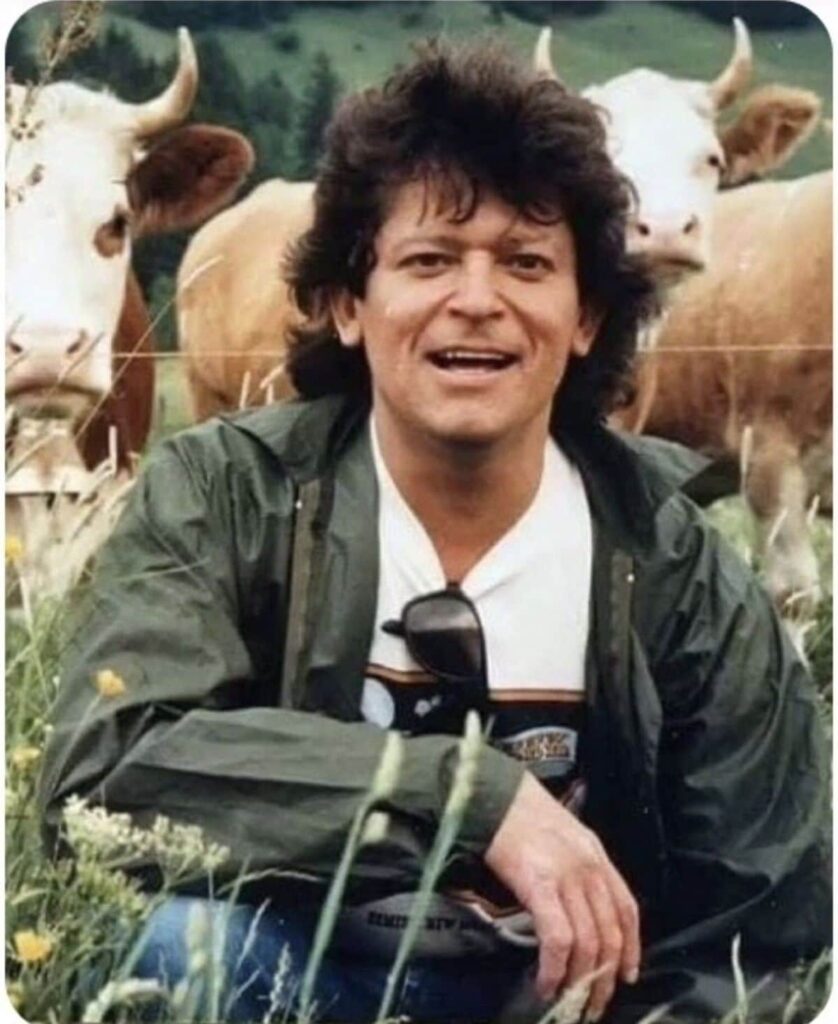
A Heartbreaking Farewell to Unrequited Love
There are songs, and then there are songs. The kind that burrow deep into your soul, resurfacing years later with the same emotional resonance they held when you first heard them. For many of us who came of age with the golden era of country music, Johnny Rodriguez‘s 1974 hit, “I Really Don’t Want to Know,” is precisely that kind of song. Released at a time when country music was truly embracing its crossover appeal, yet still holding steadfast to its traditional roots of heartbreak and longing, this track soared to the top of the charts, reaching a remarkable number one on the Billboard Hot Country Singles chart. It wasn’t just a hit; it was a moment, a collective sigh of bittersweet understanding shared by millions.
The beauty of “I Really Don’t Want to Know” lies not just in its musicality, but in the raw, aching vulnerability of its lyrics. It tells a story that is as old as time itself, one of unrequited love and the painful truth of a beloved moving on. Imagine, if you will, a quiet evening, perhaps in a dimly lit honky-tonk, or maybe just alone with your thoughts as the sun sets. The protagonist of this song is faced with the agonizing reality that the person they deeply care for is now with someone else. But here’s the twist, the emotional gut-punch that makes this song so profoundly impactful: they don’t want to hear the details. They’d rather cling to the fading embers of what once was, to the illusion of what could have been, than confront the stark reality of their beloved’s happiness with another. “I really don’t want to know,” Rodriguez croons, his voice imbued with a weariness that speaks volumes, “if you’re happy without me.” It’s a plea born of self-preservation, a desperate attempt to shield a fragile heart from further pain.
This isn’t a song of anger or resentment; it’s a profound exploration of grief and acceptance, or perhaps, the lack of acceptance. It’s about the quiet dignity of a person choosing to endure their sorrow rather than witness the joyous chapter they are excluded from. For many older listeners, this song resonates with a particular poignancy. We’ve all, at some point, experienced the sting of seeing someone we cared for deeply move on, finding joy in places we no longer inhabit. The temptation to inquire, to seek closure, can be overwhelming. But sometimes, as Rodriguez so beautifully articulates, the kindest thing we can do for ourselves is to simply not know. To let the mysteries remain, preserving a sliver of hope, however misplaced, or perhaps simply to protect the wounds that are still too fresh to expose to the light of day.
Johnny Rodriguez, with his smooth, distinctive baritone and his undeniably authentic country charm, was the perfect artist to deliver this message. Having burst onto the scene just a few years prior, his rise was meteoric. He was one of the first successful Mexican-American country singers, breaking barriers and broadening the genre’s appeal. His music often carried a thread of melancholy, a soulful introspection that made his interpretations of heartache feel incredibly genuine. “I Really Don’t Want to Know” was part of his 1974 album, “Something”, an album that further solidified his place as a country music superstar. The production of the song, with its gentle steel guitar and understated instrumentation, perfectly complements the somber, reflective tone of the lyrics. It’s not overproduced; instead, it allows Rodriguez’s voice, and the raw emotion it conveys, to take center stage. Listening to it today, it’s not just a trip down memory lane; it’s a timeless reminder of the enduring power of a well-told story, wrapped in a melody that tugs at the heartstrings, leaving us with a lingering sense of shared humanity and the quiet ache of unspoken farewells.